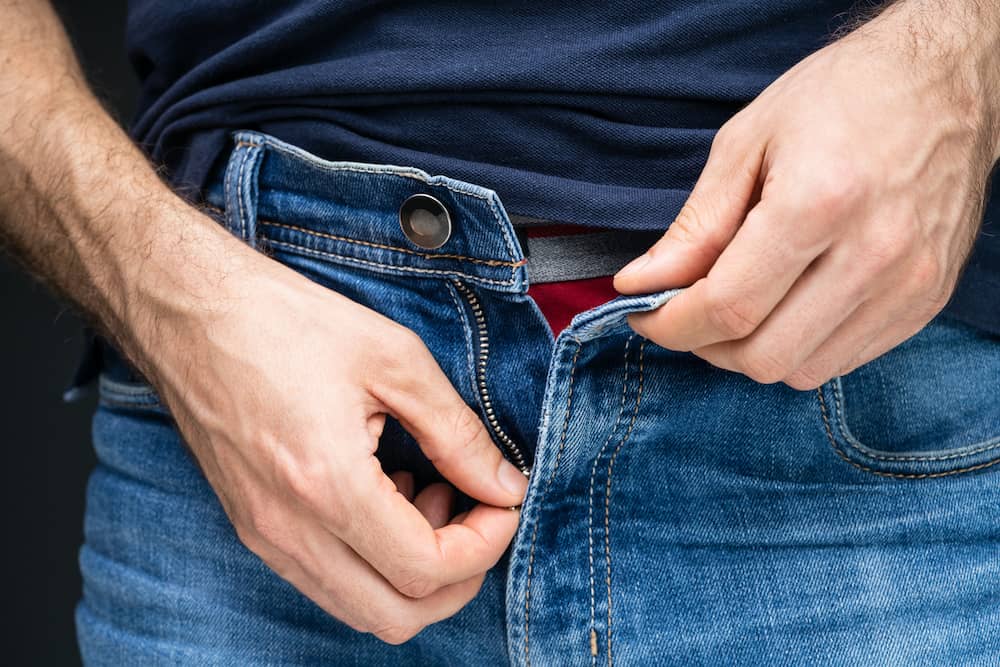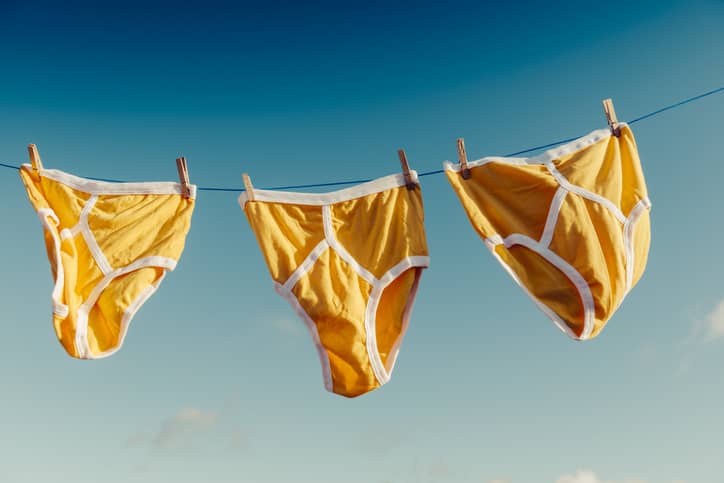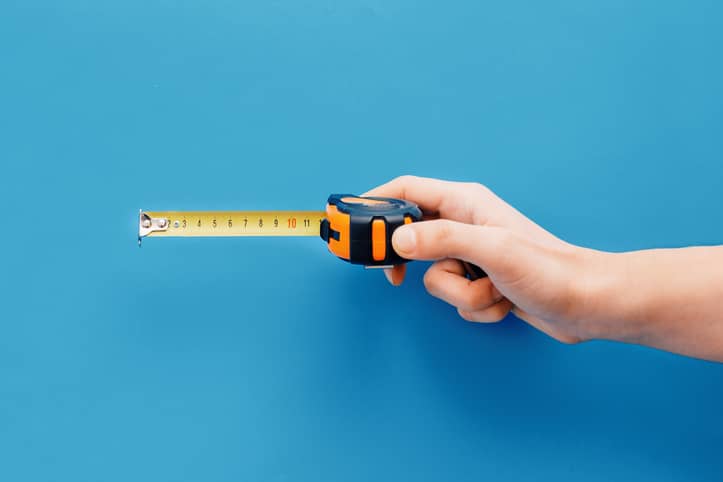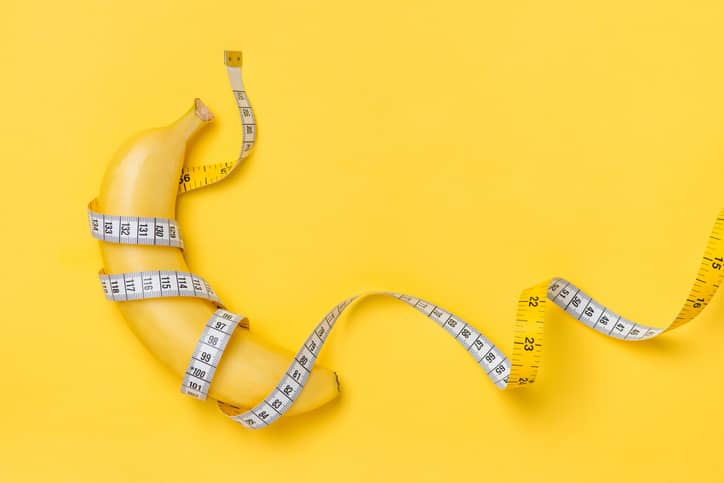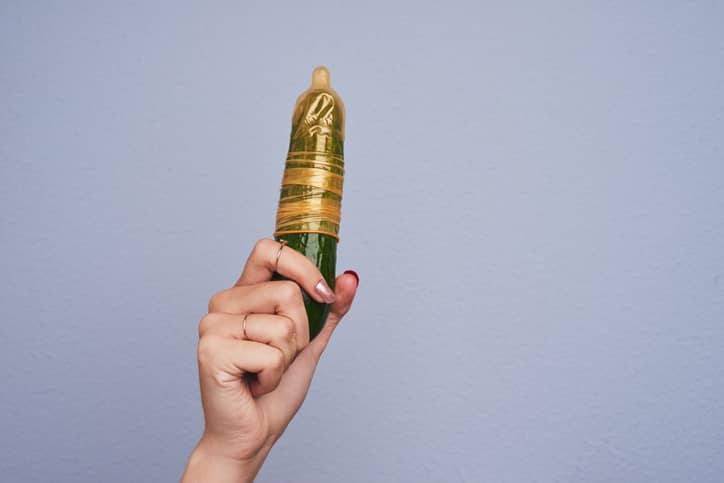Are you worried about your balls (testicles)? Or maybe you’d just like to know more about them – but don’t know who to ask? Read on to have your questions answered.
What are your testicles and what do they do?
First, let’s take a look at testicle anatomy. Your testicles, or testes, are 2 oval-shaped structures in a pouch of skin (scrotum) at the base of your penis.
Your testicles make sperm and a hormone called testosterone. This testosterone gives you your sex drive and ability to get an erection, along with characteristics such as face and body hair.
The scrotum protects your testicles and keeps them cool by hanging them outside of your body. This is because your testicles need to be slightly cooler than your body temperature to make healthy sperm.
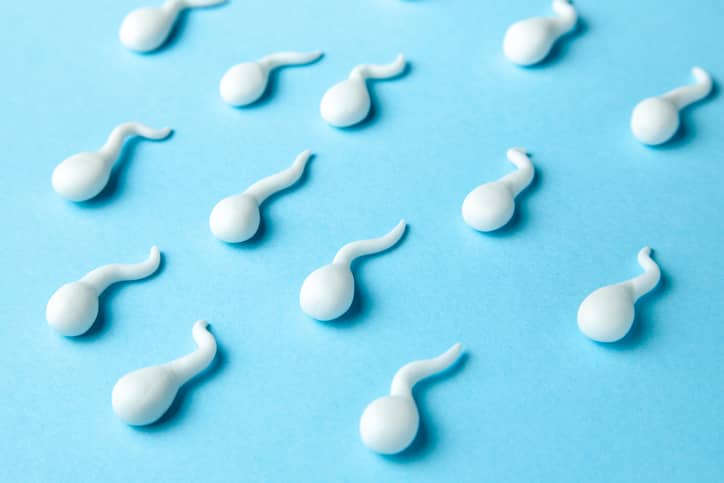
What should your testicles look and feel like?
Testicles are oval in shape, with an average size of about 4cm x 3cm x 2cm. They should feel smooth and firm, but not hard.
At the back of each testicle, nearer to your body, you may be able to feel a soft tube called the ‘epididymis’, which stores sperm. You may also be able to feel a small, firm lump near the top of your testicles, which is known as the ‘appendix testis’ (Hydatid of Morgagni).
It’s a good idea to get familiar with the size, shape, weight and feel of your testicles, so you know what’s normal for you. This will make it easier to check them for any changes – such as lumps or swellings – which you should do regularly.
If you have any concerns about a lump, particularly if it’s new, you should see your doctor (see below).
Is testicle size important?
Not everyone’s testicles are the same size, and a range of sizes can be healthy.
Some studies suggest that smaller testicles are associated with lower sperm production. However, you can have smaller-than-average testicles and be just as fertile as someone with larger testicles.
People with a genetic condition called Klinefelter syndrome have small testicles, which may not produce enough testosterone. They may also have little facial and body hair, low muscle tone and enlarged breasts.
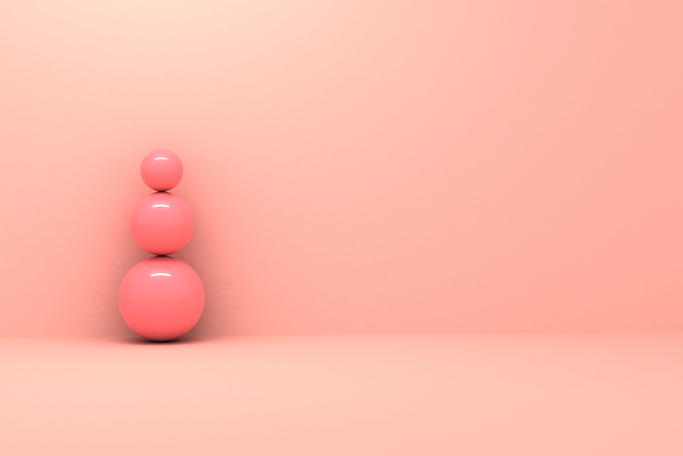
Is it normal for your testicles to be different sizes?
Although testicles are usually around the same size, it’s also common for one to be a bit larger or hang lower than the other.
Noticeably different-sized testicles can happen if someone has undescended testicles, a common condition that’s usually diagnosed soon after birth. It’s where a testicle hasn’t descended into the scrotum, and can sometimes need treatment.
Can your testicles grow and shrink?
It’s not normal for your testicles to get bigger or smaller, but it can sometimes look like they’re growing or shrinking. That’s because muscles in the wall of your scrotum can contract (tighten) to bring your testicles closer to your body if it’s cold, or relax to move them further away from your body when it’s hot.
However, there are also several health conditions that can cause swelling or apparent growth of a testicle. So if you notice any changes in size, you should see your doctor (see below).
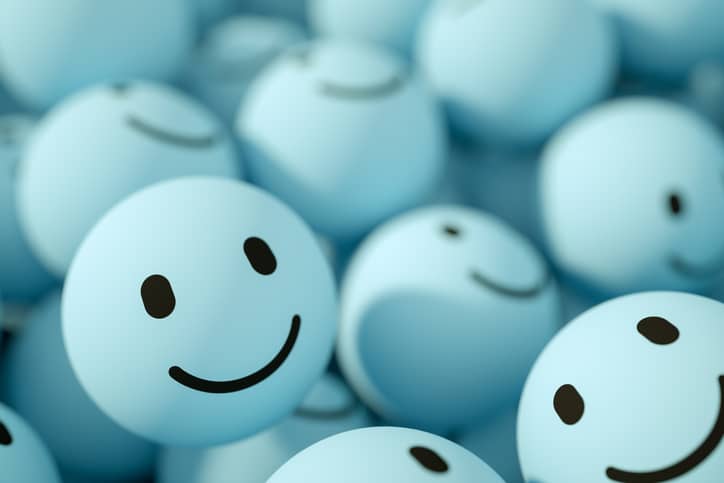
What is blue balls (epididymal hypertension)?
‘Blue balls’ is sometimes used to describe an aching in your testicles, which can happen if you get sexually excited but don’t ejaculate. Also known as ‘epididymal hypertension’, it’s caused by a build-up of blood in the testicles. It’s not dangerous, however, and will go away once you’re not aroused anymore.
When to see a doctor
If you notice anything different about your testicles or scrotum, it’s important to get advice from your doctor. Things to look out for include:
- changes in how they feel
- lumps, swellings or hardenings
- changes in size, shape or weight
- aches or pain
- a feeling of heaviness in your scrotum
Key points
- your testicles are 2 balls held in your ball sack (scrotum) at the base of your penis
- they make sperm and testosterone
- it’s normal for 1 testicle to be slightly bigger or hang lower than the other
- blue balls (epididymal hypertension) is caused by a build-up of blood in the testicles and isn’t dangerous
- seek medical advice if you notice any changes in your testicles


